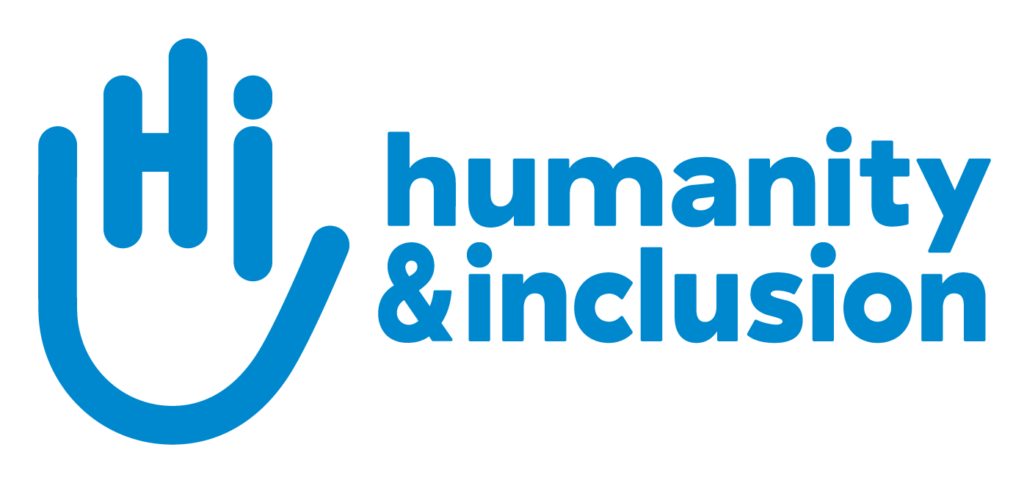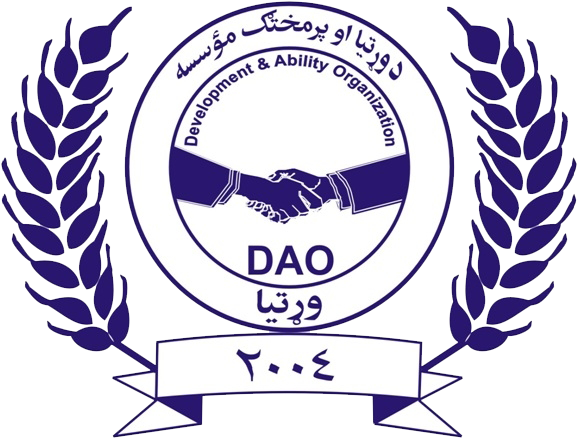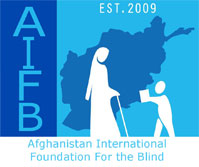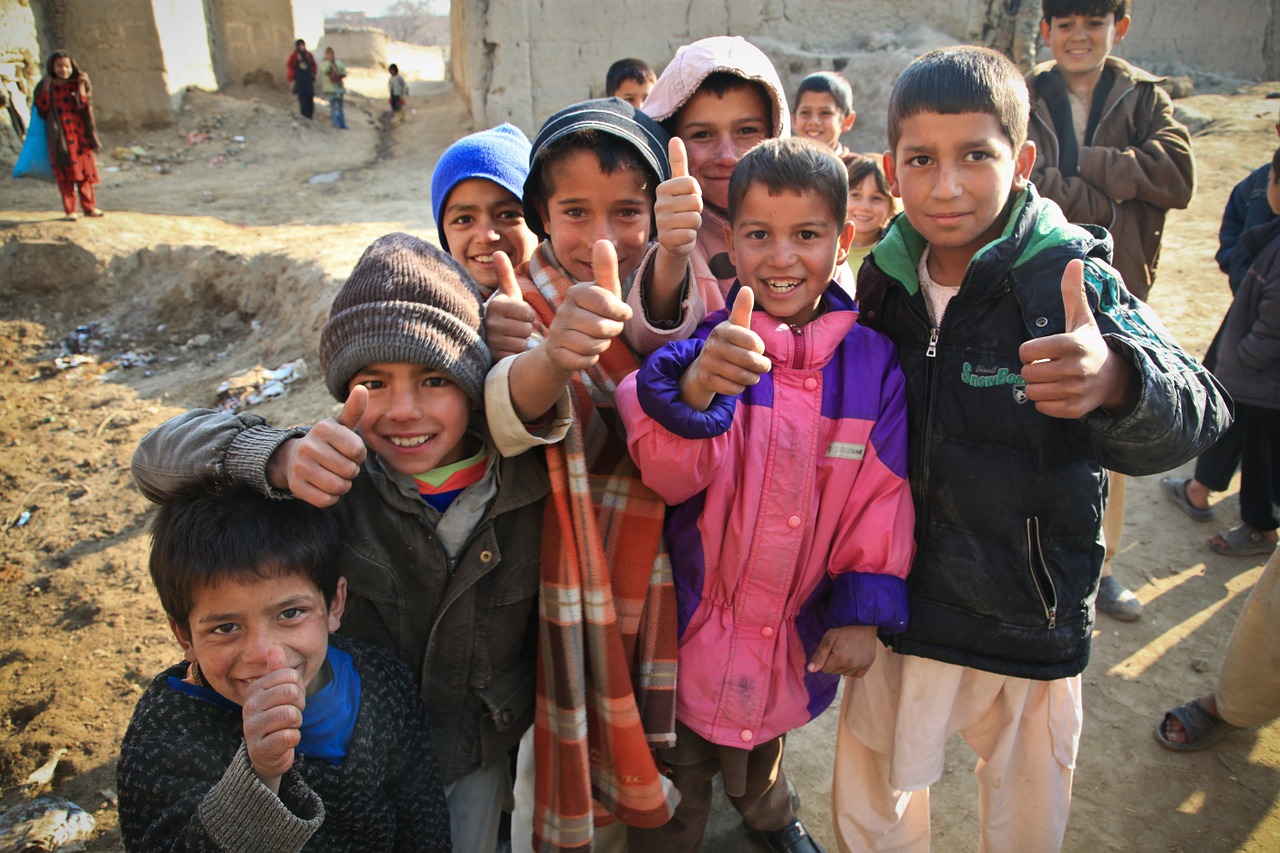A growing number of organizations are seeking to make life easier for Afghans with disabilities. Recognizing that Afghanistan is not the most easily accessible place for people with disabilities, these organizations aim to integrate these vulnerable individuals into Afghan society, which offers little in the way of infrastructure or systems to facilitate the daily lives of those with mobility difficulties or visual impairments. In addition, there are few services in Afghanistan that provide assistance and support to people with disabilities. However, the following organizations are seeking to ensure that Afghans with disabilities obtain the assistance that they need.
1. Humanity & Inclusion

Formerly known as Handicap International (and still operating programs in Afghanistan under this name), Humanity & Inclusion (HI) has been working in Afghanistan for more than 30 years. Focused primarily on helping people injured by landmines, the organization accomplishes its mission in two ways. The first is through the direct provision of assistance and other support services. At its rehabilitation center in Kandahar, for example, HI offers physiotherapy sessions and produces support equipment such as prostheses and mobility aids. The second way is through extensive advocacy work: HI works with the government of Afghanistan and other national institutions to improve access to care for people with disabilities and to ensure that action plans based on the Convention on the Rights of Persons with Disabilities are properly coordinated. HI also supports local—often smaller—disability rights organizations by connecting them with potential partners and raising their concerns with local political leaders.
2. Tearfund

Based in the UK, Tearfund is a charity whose international work seeks to lift people out of poverty, overcome the effects of disasters, and deliver support to some of the world’s most vulnerable and marginalized populations. Since 1971, Tearfund has been supporting humanitarian work in Afghanistan. Active in 10 Afghan provinces, the charity partners with five local organizations to deliver its programming. One of its key focus areas is advocating for Afghans with disabilities. Through this work, Tearfund seeks to transform attitudes and end the stigma surrounding disabilities, as well as establish inclusive communities where people of different ability levels can live together on equal footing. In addition, the charity runs educational support programs and works with one of its local partners to help Afghanistan develop a more inclusive educational policy. As a result, more children with disabilities are now attending school than ever before.
3. Development and Ability Organization (DAO)

Founded in 2004, the Afghan-led DAO is one of the organizations recently certified by the Afghanistan Institute for Civil Society. A vocal advocate for disability rights, DAO aims to build a more inclusive society by increasing awareness of disability issues among the general public and the Afghan government. The organization’s current projects include physical rehabilitation activities, community dialogue initiatives, and the publication of a disability issues newsletter in three languages. In the future, DAO intends to expand its activities to include providing small support loans to people with disabilities and creating vocational training programs so that people vulnerable individuals can acquire vocational skills and earn an income.
4. Children in Crisis

With the mission of bringing education, care, and protection to the world’s most vulnerable children, the UK nonprofit Children in Crisis has considerable experience working in remote regions. In Afghanistan, some of the “forgotten” children who are most in need are those with disabilities. Many families in Afghanistan simply don’t have the resources or knowledge to provide proper care and support to children with disabilities. As a result, it’s not uncommon for them to experience neglect, abuse, and even abandonment. In order to address this issue, Children in Crisis runs the In-Home Care Project, which aims to provide the families of children with disabilities with the resources and tools they need to become better caregivers. The program staff works with parents and family members to develop a personal care plan for each child and to provide initial medical care, physiotherapy, and materials. Ultimately, through the project’s training, families will be better equipped and capable of handling these responsibilities themselves.
5. Afghanistan International Foundation for the Blind (AIFB)

Founded in 2009, AIFB is committed to its mission of improving and enhancing the lives of those Afghans in need affected by blindness. By collaborating and partnering with other international organizations, AIFB offers services and programs in the areas of education, health, rehabilitation, and community services for people affected by blindness and visual impairments. AIFB’s vision includes the use of Braille books and blind-based computer technologies in Afghan classrooms, services to help people with blindness to access employment and higher education, and support for prescriptions and health procedures.

